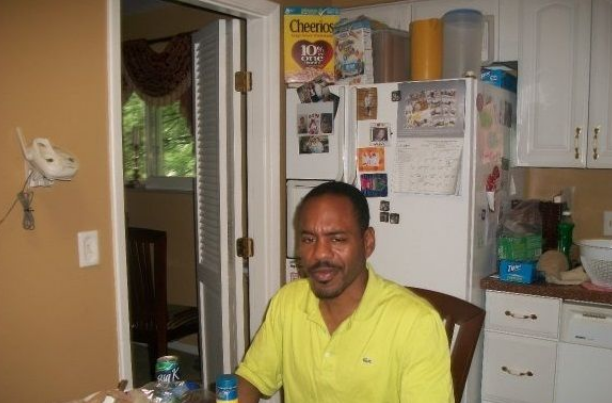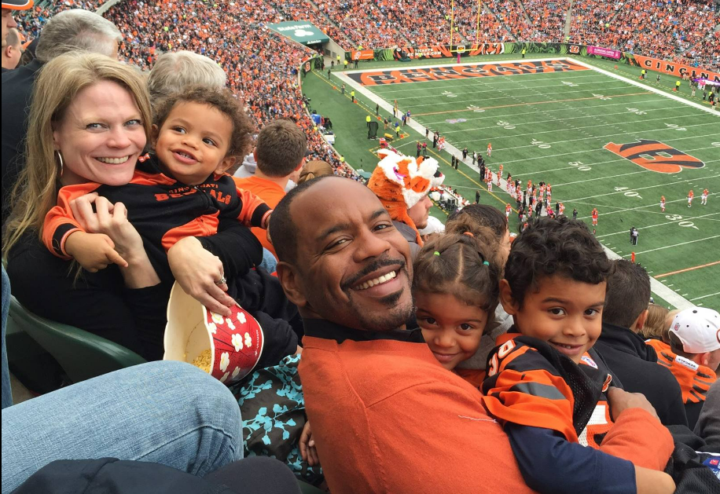What School Still Isn’t Teaching About Money
Most adults were never taught how money works...and kids are starting to notice. The other day my son said something that stuck with me: “They’ll spend three weeks teaching us about the Revolutionary War, but zero time on compound interest.” He’s not wrong. School doesn’t teach ownership. It teaches employment. We tell kids to get good grades so they can get good jobs. But nobody teaches them how to build cash flow, read a financial statement, or create wealth. Nobody breaks down the difference between linear income and exponential income. Linear income means you trade time for money. You stop working, the money stops. Exponential income grows without you. One rental turns into ten. Now you’ve got income that works whether you do or not. The system was built to produce workers. But the world has changed. Job security isn’t guaranteed anymore. What kids need now is a different kind of education: -How to analyze a deal -How to build systems -The difference between good debt and bad debt -How to grow capital -How to solve real problems That’s what sets them up for long-term success. Not just a diploma. Following instructions might get you a job. Solving problems builds freedom. This is the stuff I want my kids learning. And these are the conversations we should be having at home. What’s one money lesson you wish you learned earlier? Drop it below. Someone out there needs to hear it.
1
0

Your Goals Aren’t the Problem. Your Systems Are.
Another year isn’t going to fix what your habits keep messing up. You don’t need a reset. You need better systems, better focus, and better execution. Most people set big goals but don’t have the structure to back them. So they waste time, spin their wheels, and by March they’re already off track. That used to be me. I’d start strong, stay busy, but never really move forward. Everything changed when I got serious about how I plan and how I move. I stopped working off emotion and started working off process. Today, Dec 3 at 12PM EST, I’m going live on our FB group - Apartment Investing Secrets - to break down how to accomplish your goals and make 2026 your best year yet. If you’re tired of being stuck at the same level, this is your chance to shift how you move going into 2026. Comment “2026” if you want the link.

Law of Attraction doesn’t work… unless YOU do.
A lot of people trying to manifest millions still think like they’re broke. That’s like planting a mango seed and expecting apples to show up. Doesn’t work. You can’t get new results with the same old mindset. You don’t get what you want. You get what matches who you are. You say you want to level up, but your habits, your actions, your identity still reflect the old you. -The broke version of you can’t handle real money. -The undisciplined version can’t scale anything. -The scared version will kill every opportunity you get. This is why setting goals isn’t enough. You’ve got to change your identity. If you’re still thinking like a hustler, how are you going to operate like a CEO? It’s like trying to run Millionaire 2.0 on Struggle OS. It crashes every time. So what do you do? Get clear on who you want to be. Start showing up like that person. And let the old version of you fall off It’s not easy. People won’t get it. But that’s how I got from broke and repo’d to 1,000+ units and real wealth. On Wednesday, Dec 3 at 12 PM EST, I’m going live on our FB group - Apartment Investing Secrets to break all of this down. Want the link? Comment "I’m in" below.
0
0

Return on Ego vs. Return on Investment
The dumbest thing wealthy people waste money on isn't yachts or cars. It's the illusion that they’ve arrived. I’ve seen it over and over. People spend millions trying to look successful instead of building something that actually lasts. The goal shifts from multiplying wealth to maintaining appearances. And that shift is expensive. At some point, you have to let go of the ego. The fancy watch, the flex, the need to prove something. Real wealth isn’t loud. It shows up in the freedom you build, the legacy you leave, and the clarity you carry. When you stop chasing return on ego, you can start focusing on return on investment. The kind that compounds. The kind that actually gives you peace. If you’ve been trusted with capital, your job isn’t to protect your image. It’s to multiply impact, opportunity, and value. That’s the work. What’s one area where you’ve had to trade ego for alignment?
1
0

This Is Why Your Money Isn’t Moving
Most people are chasing wealth while thinking from a place of lack. That’s the real disconnect. You can’t build abundance with a scarcity mindset. You can’t make smart moves when stress and self-doubt are running the show. The shift starts by recognizing what’s already working. Gratitude isn’t settling...it’s the foundation that keeps you steady when growth shows up. And when you practice it with intention, it changes how you think, act, and invest. With Thanksgiving coming up, there’s no better time to lean into this. This Wednesday, November 26 at 12 PM Eastern (9 AM Pacific), we’re going live inside Apartment Investing Secrets with Dat Nguyen, entrepreneur, investor, and coach trained by Bob Proctor. His story will challenge the way you think about money, mindset, and the path to real wealth. If you’re ready for a mindset shift going into the holidays, you won’t want to miss this. Comment “I’M IN” and I’ll send you the link.
0
0

1-30 of 359

skool.com/apartment-investing-4128
This group is all about sharing apartment investing secrets.
Powered by

